Building a partnership marketing program requires upfront considerations of many key aspects. You'll need to consider your brand goals and objectives, the desired consumer behavior you are looking to drive, partner payout structures, budget, and more. One other important choice is whether to go with an affiliate network or run it in-house. It's a common question that comes up and partnership marketing has evolved since we first published our post on Private vs. Public Affiliate Programs.What's the difference between the two? An affiliate or partnership marketing program on a network is typically open to all affiliates and publishers to join. Anyone can apply and it's easy to find information about the program out there in cyberspace. Affiliate networks bring together advertisers (also called merchants) and partners (aka affiliates or publishers) in one big marketplace. CJ Affiliate (formerly Commission Junction), Rakuten Marketing (formerly Linkshare), AWIN (formerly Affiliate Window), AvantLink, and Shareasale (which was acquired by AWIN in 2017) are all reputable affiliate networks.In-house partnership programs are usually on a tracking platform that is licensed by the merchant. Some of the more notable tracking platforms in the space include Impact and Partnerize. In-house programs are not always public however some merchants do publish information about their program on their website for those interested.At first blush, you might be wondering why anyone would choose an in-house program over an affiliate network. Let's take a look at a few advantages of each.
Advantages of in-house
Here are some reasons merchants choose the in-house program route.
- Quality, not quantity. Public affiliate network programs can attract a massive amount of, shall we say, “less than reputable” types of sites. It’s commonly known that 80% of revenue in a partner marketing program is generated by 20% of your network. That means only 20% of your entire group of partners is really driving the bulk of your sales. So rather than waste your time declining endless applications, throwing everything at the wall to see what sticks, go private and only go after the best in the business. If you do it right, you’ll basically have that top 20% without all the rest. Yes, you’ll have a much smaller partner pool, but we’re talking one high-end pool!
- Program flexibility. By having an in-house program, you have the flexibility of making it a public or a private invite-only partnership program. Having an in-house program that is public allows publishers to apply via your website. If you are a strong brand, you can build a private in-house program that is exclusive to the specific types of partners you want to work with which can make partners feel super extra special. Knowing that they were specifically invited may get them to jump on board full-force. Feeling special, they may promote your brand more than they normally would if it were a regular public network.
- Cost. Affiliate networks charge a fee or commission on each transaction. That means the more volume the more the affiliate network charges which can have an impact on ROI and Return on Ad Spend (ROAS). Many of the tracking platforms have licensing fee structures that lend themselves to maximizing your ROI and ROAS.
Advantages of affiliate networks
Merchants go with affiliate networks for many reasons. Here are a few of the top.
- The network effect. While an in-house program can let you hand-pick the best partners, it doesn’t scale very efficiently. In an affiliate network, you have the entire marketplace of affiliates to recruit from in addition to inbound applications from publishers already in the affiliate network.
- Test and learn opportunities. With an existing base of affiliates, affiliate networks make testing new partnerships opportunities easier. You may have access to non-traditional affiliates and other publishers that you may not even be aware of.
- Partners may be wary of private networks. Some partners or affiliates may avoid private programs for one simple reason: checks and balances. When there is not a third party like an affiliate network involved to keep the advertiser accountable, the partner could feel at risk that you will not track their sales accurately or more importantly, they won't get paid. Or maybe that you’re thinking of pulling the plug on the program any second, so why should they bother promoting your brand?
There’s really no right or wrong answer in terms of which path to choose. In the end, only you can make the call based on the individual needs of your business and brand objectives. If you find, down the line, your choice isn't the right one, you can always make the change.










